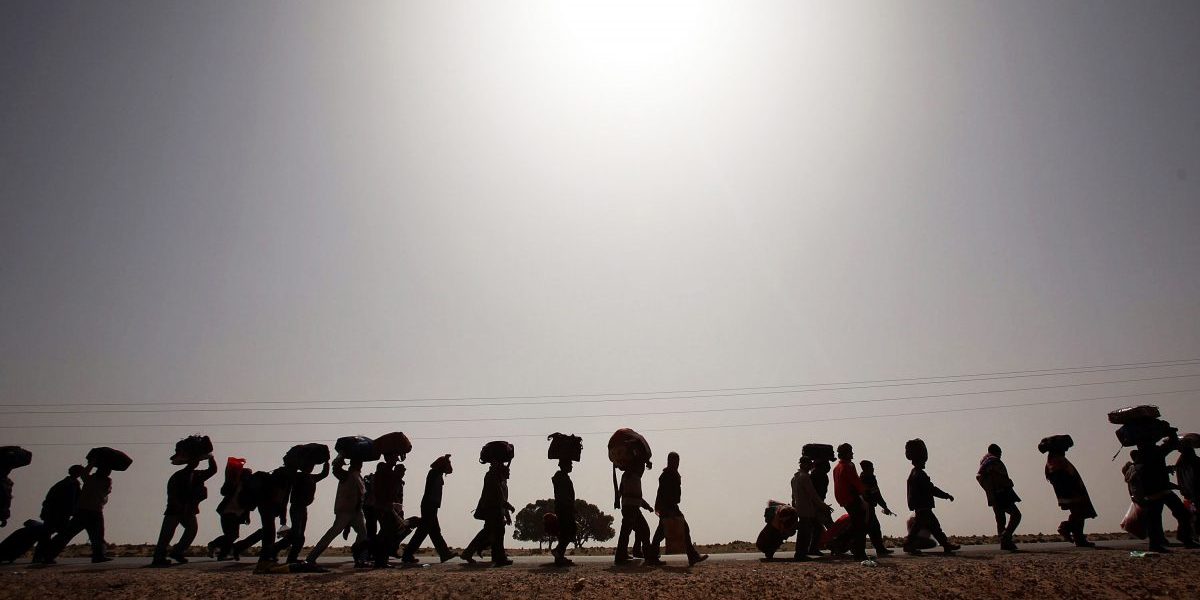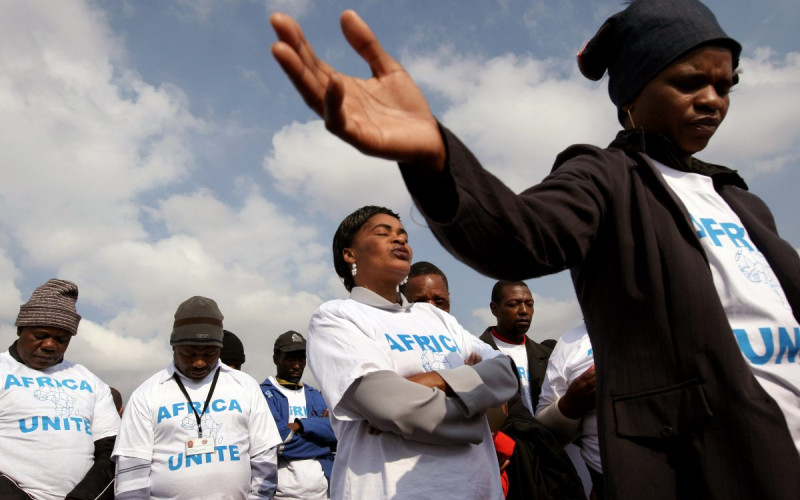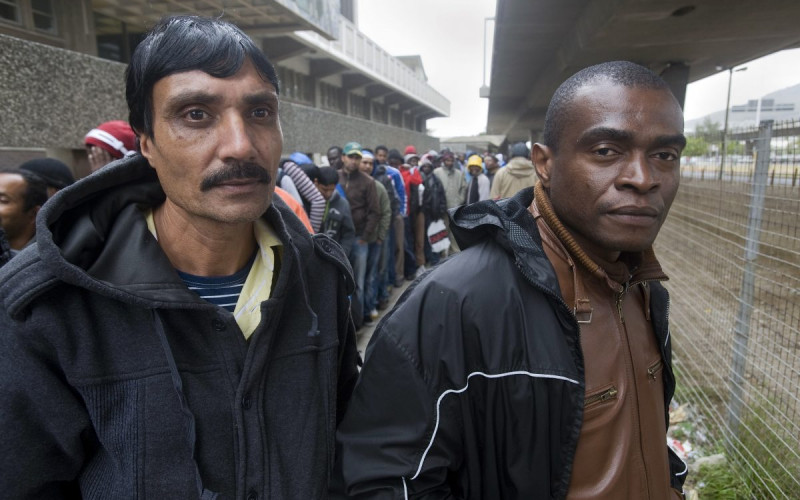This compares poorly with the widely ratified African Continental Free Trade Agreement, adopted at the same meeting three years ago. Why the Free Movement of Persons Protocol has lacked support and how to address the critically important challenge of better managing the freer movement of people in Africa are the subjects of this paper.
The rationale for the protocol is that African development will be enhanced by the freer movement of people across national borders within the continent. It is widely accepted that such freedom facilitates employment, trade, tourism, technology transfer and a host of factors associated with development. But concerns about security, the integrity of migration systems and the impact of immigration on already stressed domestic populations have inhibited commitments to the protocol, especially from larger and richer countries.
In order to consider these challenges in context, the paper reviews the global context of current developments in Africa as well as drawing out certain elements from the global history of migration. In this context, African migration trends are reviewed, as well as changes in the multilateral environment for migration such as the United Nations Global Compact for Safe, Orderly and Regular Migration adopted in December 2018.
The paper then considers in greater detail continental, national and regional initiatives to facilitate the freer flow of people across continental African borders and makes observations based on these experiences.
Drawing it all together, the conclusion of the paper draws together some observed patterns, it identifies some of the key issues and it sets out several practical strategies to advance the free movement of persons agenda within Africa more effectively.








